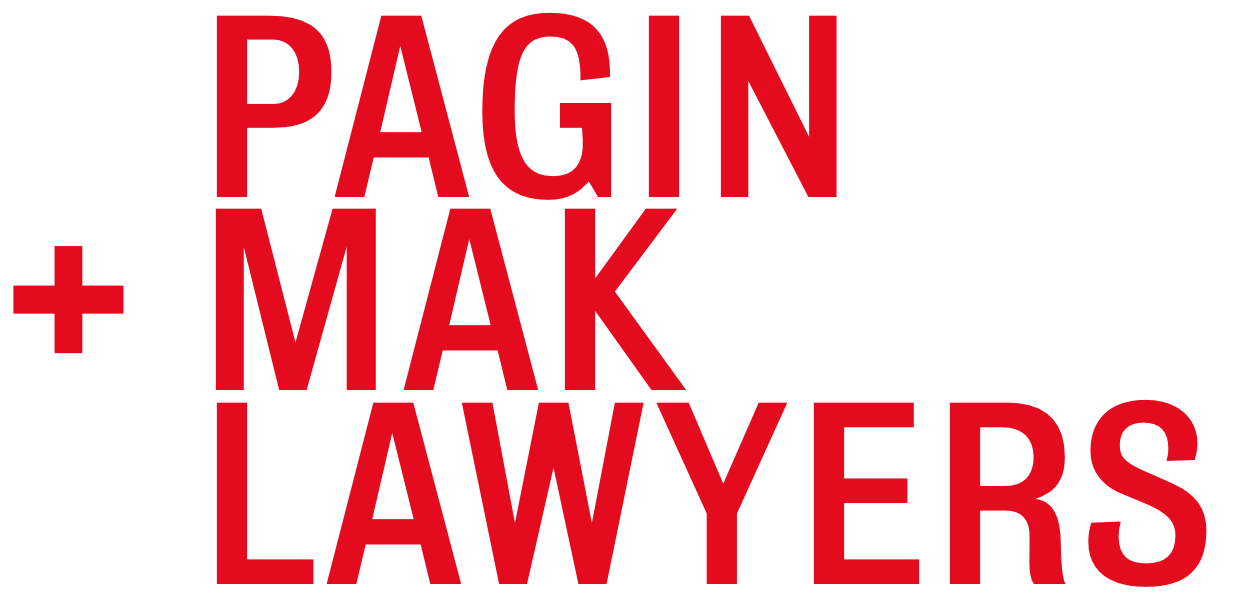Equitable Disputes and Claims
We are experienced in resolving disputes involving equitable claims. Contact one of our lawyers for a consultation.
Equitable disputes and claims can occur in a variety of ways. Most commonly they occur during the breakdown of a relationship, be that in business or personal. The nature of an equitable claim is best explained by the relief that is often sought in a claim. In essence, what most equitable claims have in common is that one party alleges that another party has expended money to either acquire, maintain or improve property in reliance upon an agreement, representation, or expectation that they will one day acquire an interest in that property. Often such claims will involve an allegation that there was a resulting or constructive trust.
A resulting trust most frequently occurs where the funds to purchase an asset is provided by someone who does not have legal title to that asset. Such a scenario is becoming more frequent in today’s ever expensive property market whereby parents buy a property for their adult son or daughter and place the legal title in their adult child’s name. Further down the track, a dispute may arise between the parents and their adult child which causes the parents to ask their adult child to vacate the property that they paid for. However, in certain relationships, such that of parent and child, there is the ‘presumption of advancement’. In essence, the presumption of advancement is a presumption that people in certain relationships, such as that of parent and child, purchase property with the intention of gifting it rather than retaining an interest in it. Importantly, the presumption of advancement can be rebutted if there is evidence that, at the time of the purchase, the parents did not intend it to be a gift to their son or daughter.
A constructive trust frequently arises where parties acquire property together but their contributions to its purchase, improvement and maintenance are are unequal and this is not reflected accurately by the legal title. Frequently, a constructive trust will be established in circumstances where it would be unconscionable for one party to assert exclusive ownership over a property to the exclusion of another party who had contributed towards it. In such circumstances, the court usually weighs up the contributions of each party and splits the legal interest in the property based on the contributions of each party as a percentage. As an example, if a property was bought in the name of party ‘A’ whereby A contributed 55% of the purchase price and B contributed 45% of the purchase price, unless an exception applied (for e.g. there was an agreement at the time of purchasing the property that the property would be entirety A’s or that B’s share was a gift), then A would be deemed to be holding 45% of the legal title on trust for B.
Equitable estoppel is another type of claim that is frequently made with respect to property. This usually occurs where one party, who is not on the legal title, has expended money on a property on the basis of a promise or representation from the owner that if they carry out certain work, they will obtain an interest in the property. Should the matter proceed to a final hearing at court, the Judge will need to be satisfied, on the balance of probabilities, that the representation was made and that it was not ambiguous. This can be a difficult task for a Judge given that such representations are frequently made verbally and often many years in the past. With the passing of time, the recollection of each witness is likely to be less and less reliable and so the hurdle to overcome for a plaintiff can be a difficult one to overcome.
Disputes involving equitable claims are complex and require a lawyer familiar with the relevant legislation, the common law and equity. Our lawyers have acted for many clients involved in equitable disputes and have the experience and drive to help you resolve your matter. Contact the team at Pagin + Mak Lawyers for a free initial phone consultation. We are more than happy to discuss any questions you may have and explain the process in greater detail.
Disclaimer:
The information above is intended as general information only and should not be relied on. You should discuss your individual situation with a lawyer.
Contact us to discuss your matter
Please fill out the below form and one of our lawyers will be in touch as soon as possible.
